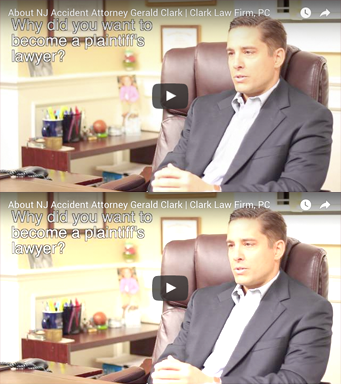A New Jersey Personal Injury Attorney Explains How Your Medical Bills Will Get Paid
Some people who suffer from a personal injury and are pursuing legal action may not have the means or the insurance policy to cover all of the medical bills up-front and out-of-pocket. In addition, the insurance company for the tortfeasor (the person, persons or company who caused your injuries) will not automatically pay your medical bills as they occur. It is possible to work around such a situation.
Why the Insurance Company Won’t Just Pay Your Expenses Immediately
There are two reasons why most insurance companies for the tortfeasor will not just pay for your medical expenses as they arise. The first is that they want to avoid having paid a great amount of money for medicals bills only to be faced with the prospect of defending a lawsuit. If they find your demands to be very high or unreasonable, they might want to fight rather than settle, and having already paid for medical bills means that they will be adding legal costs to an already expensive case.
The second reason is that the majority of insurance companies would much rather take care of claims with a single payment rather than several of them. Because of this, it is likely that the liability insurance company with which you are dealing will wait for the letter of demand from your New Jersey personal injury attorney and then offer a single payment as a settlement.
What if I Can’t Pay My Medical Bills as They Are Incurred?
If you are unable to pay your medical bills as they are incurred, many medical providers are willing to wait for payment. In most cases, the bills can be paid after the resolution of the case via either a settlement or a court verdict. You should notify doctors, as well as hospitals and other medical facilities, as soon as possible that you lack the insurance coverage or financial means to cover your bills as they are incurred. If you are going to wait until after your case has been resolved to pay your bills, you could be required by your medical provider to sign a form. Often called a lien or subrogation form, this allows your New Jersey personal injury attorney to withhold enough funds from your insurance settlement proceeds to cover your bills.
If you have experienced a personal injury and are considering legal action to cover your medical bills, contact an experienced New Jersey personal injury attorney at the Clark Law Firm, PC today.

